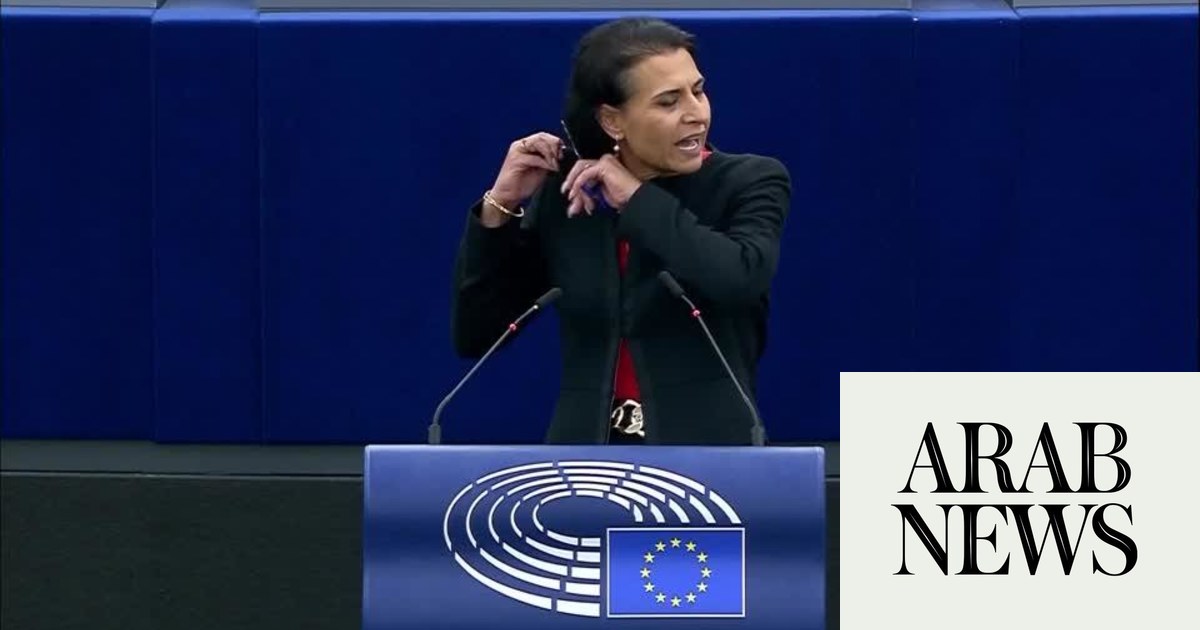LONDON: Vulnerable Australian children stuck in Syrian prison camps for Daesh members will be the first nationals repatriated home under the government’s plan, the Guardian reported.
While the most unwell children will be prioritized for return, some mothers face the risk of arrest when repatriated to Australia on terror charges.
There are some 60 Australian women and children in the detention camps in northeastern Syria, with all of them sharing links to former Daesh fighters who traveled from Australia to fight for the terror group.
They have all been held for over three years in the camps, with almost 40 of them children, many born to Daesh brides since the start of the civil war in Syria. Some were even born in the Al-Hol and Al-Roj camps, where shocking conditions have caused several to die of frostbite, sickness and at the hands of violent inmates.
Up to 30 people from the most vulnerable families will be prioritized by Canberra’s repatriation plans, with the main focus going to the sickest children or women who are believed to have been trafficked into the country by coercive Daesh fighter husbands.
The operation is expected to begin soon, with further repatriations following in the coming months as winter approaches.
The Guardian reported that many of the women set to return to Australia could face arrest back home.
Donald Rothwell, professor of international law at the Australian National University, told the newspaper’s Australian edition: “That the majority of those in the Syrian camps are children raises Australia’s obligations under the convention on the rights of the child and the obligations to protect those children in circumstances when it is possible to do so.”
Rothwell added that because the adults are subject to Australian criminal law, they could be prosecuted for terroristic associations and actions.
“Any charges relating to those matters could be brought upon the adults entering Australia where they could potentially face arrest on landing,” he said.
The Guardian’s sources, who remained anonymous, said the operation was being conducted to support Australia’s national security interests as they would have the right to return at some point in the future, but leaving them in the camps raises the risk of further radicalization, putting Australians in danger.
The repatriation operation will be Canberra’s first since 2019, when the previous administration recovered eight orphans, including a pregnant teenager.
Most of the Australians are held in Al-Roj camp, which is located near the border with Iraq. The women in Al-Roj camp, who face the risk of arrest and further limits on their freedom back home, have volunteered to be subject to government control orders when they are returned.
The repatriation plans follow calls from the Syrian Democratic Forces, who run the Al-Hol and Al-Roj camps, and the local de facto government of northeastern Syria, which have urged Western governments to recover their citizens.
The shadow home affairs minister, Karen Andrews, said she opposed these plans while serving in the previous administration due to a perceived security risk.
“I wasn’t prepared to risk Australian officials going into Syria … to get these people out.
“And I was concerned about the risk of these people coming back to Australia, because they may not have been deradicalised and could well have been radicalised,” she said.
But the government’s environment minister, Tanya Plibersek, said there would be “an ongoing expectation that our security and intelligence agencies will stay in contact with them and monitor them” once nationals are recovered from Syria.


